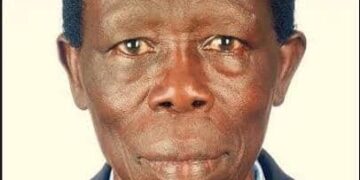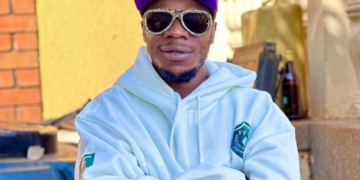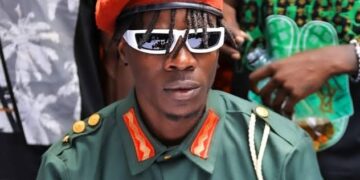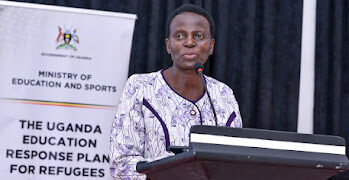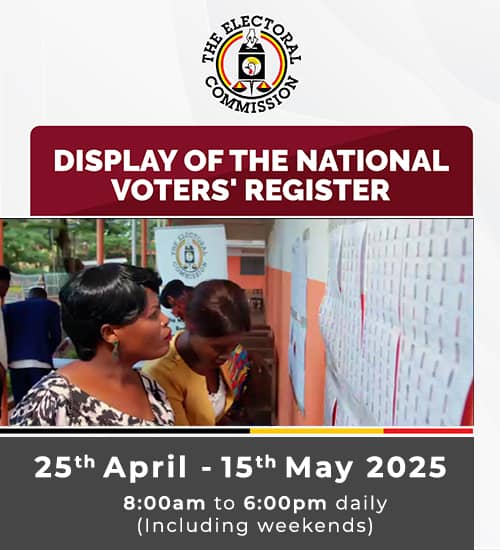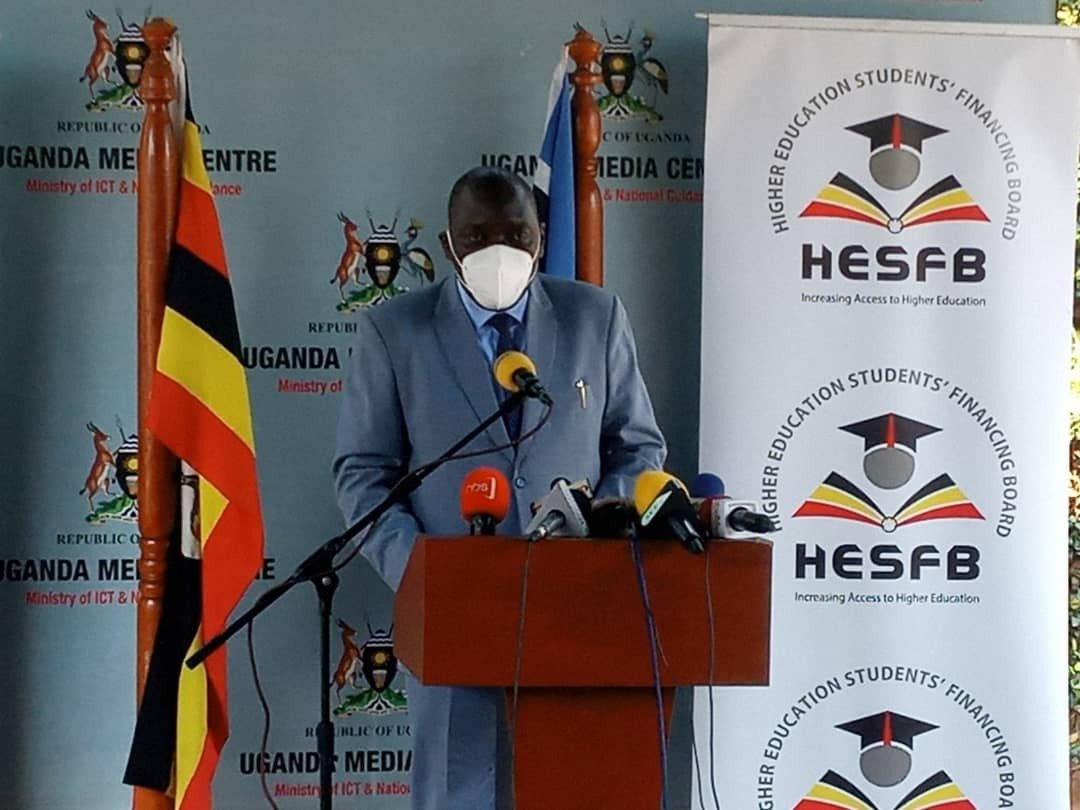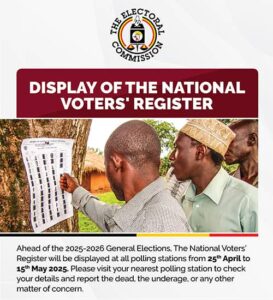As Britons mourn the death of Prince Philip, they are joined by a tribal community on a Pacific island of Vanuatu who believed he was god.
From Monday, scores of tribespeople in two villages on the Vanuatuan island of Tanna, gathered in a ceremony to remember Prince Philip.
For decades, the villagers have revered the Duke of Edinburgh as a god-like spiritual figure. A formal period of mourning is still under way -media reported on Saturday.
For the next few weeks, villagers will periodically meet to conduct rites for the duke, who is seen as a “recycled descendant of a very powerful spirit or god that lives on one of their mountains”, says anthropologist Kirk Huffman who has studied the tribes since the 1970s.
They will likely conduct ritualistic dance, hold a procession, and display memorabilia of Prince Philip, while the men will drink kava, a ceremonial drink made from the roots of the kava plant -a ceremonial drink with a mildly intoxicating effect, and to listen to the wisdom it brings as they remember their god.
This will culminate with a “significant gathering” as a final act of mourning. “There will be a great deal of wealth on display” which would mean yams and kava plants, says Vanuatu-based journalist.
“And also pigs will be killed, because they are a primary source of protein. I would expect numerous pigs to be killed for the ceremonial event.”
Monday’s meeting saw a couple of hundred people gather under giant banyan trees, according to media reports. There were speeches remembering Prince Philip, but also discussion about a possible successor. Then at sunset, the men drank kava.
The entire island will observe the rite, but Yaohnanen, the duke’s birthplace according to its inhabitants, remains the focus. Already, chiefs from the surrounding villages are reportedly meeting, conducting delicate negotiations to answer a question that lies at the core of their living, still-mutable religion: Who will succeed Philip?
A private message to Queen Elizabeth has also been given to journalists at the scene, who will convey it to British officials. But his message to the Queen is that she should not despair because her husband’s spirit will live on.
“The connection between the people on the island of Tanna and the English people is very strong… We are sending condolence messages to the Royal Family and the people of England,” said tribal leader Chief Yapa, according to Reuters news agency.

For half a century, the Prince Philip Movement thrived in the villages of Yakel and Yaohnanen – at its height, it had several thousand followers, though numbers are thought to have dwindled to a few hundred.
The villagers live in Tanna’s tropical forests and continue to practice their ancestral customs like wearing traditional dress. Money and modern technology such as mobile phones are seldom used within their own community.
Though they live only several kilometers from the nearest airport, it is reported that they just made an active choice to ignore the modern world.
The villagers’ centuries-old culture and way of life, sees Tanna as the origin of the world and believe Duke of Edinburgh was born on Tanna and left it to woo and wed the Queen.
Over time, the villagers have come to believe the fulfilment of a prophecy of a tribesman (Philip) who “left the island, in his original spiritual form, to find a powerful wife overseas”, says Mr Huffman.
If he was successful, then he could return to the island with “a rich wife,” -so they believed.
“It’s a hero’s journey, a person who sets off on a quest and literally wins the princess and the kingdom.” Huffman said. Locals would pray to Prince Philip on a daily basis, asking him to bless their yam and banana crops or posting his photos in their homes.
Nobody is sure exactly how or why the movement began, though there are various theories with others claiming it has been around since the 1960s. The prince visited the island with Queen Elizabeth in 1974, when it was known as New Hebrides under British and French control. Philip did not know that he was revered upon his arrival, but he soon found out when the locals held a tribal ritual and villagers overjoyed into frenzy.
“When the prince died, it didn’t weigh heavily on us, because the spirit that lived in him was with us here in the nakamal.” one villager said referring to the village meeting place, a broad sandy expanse sheltered under the boughs of an ancient banyan tree. “He was here with us,” he said.


















